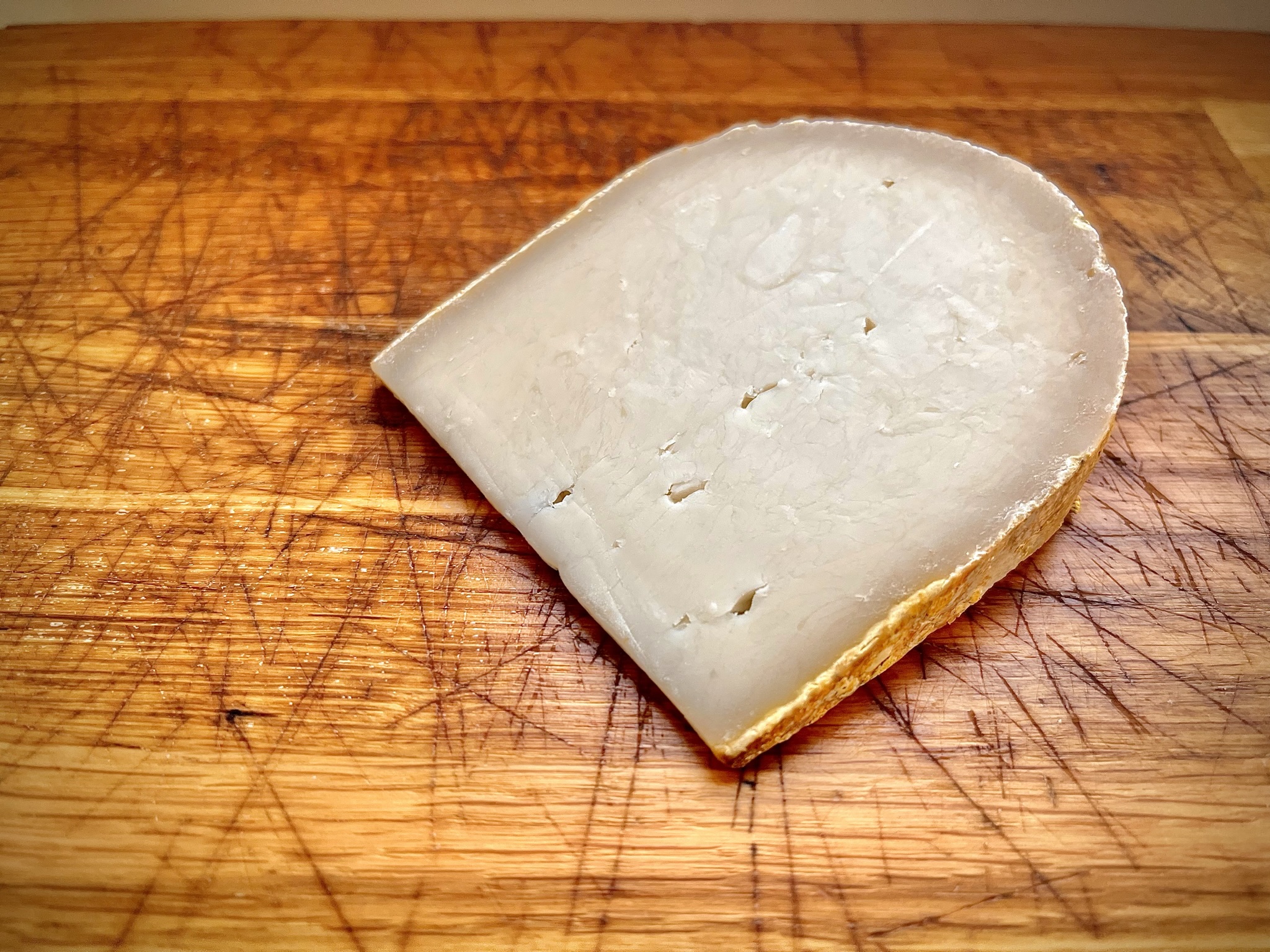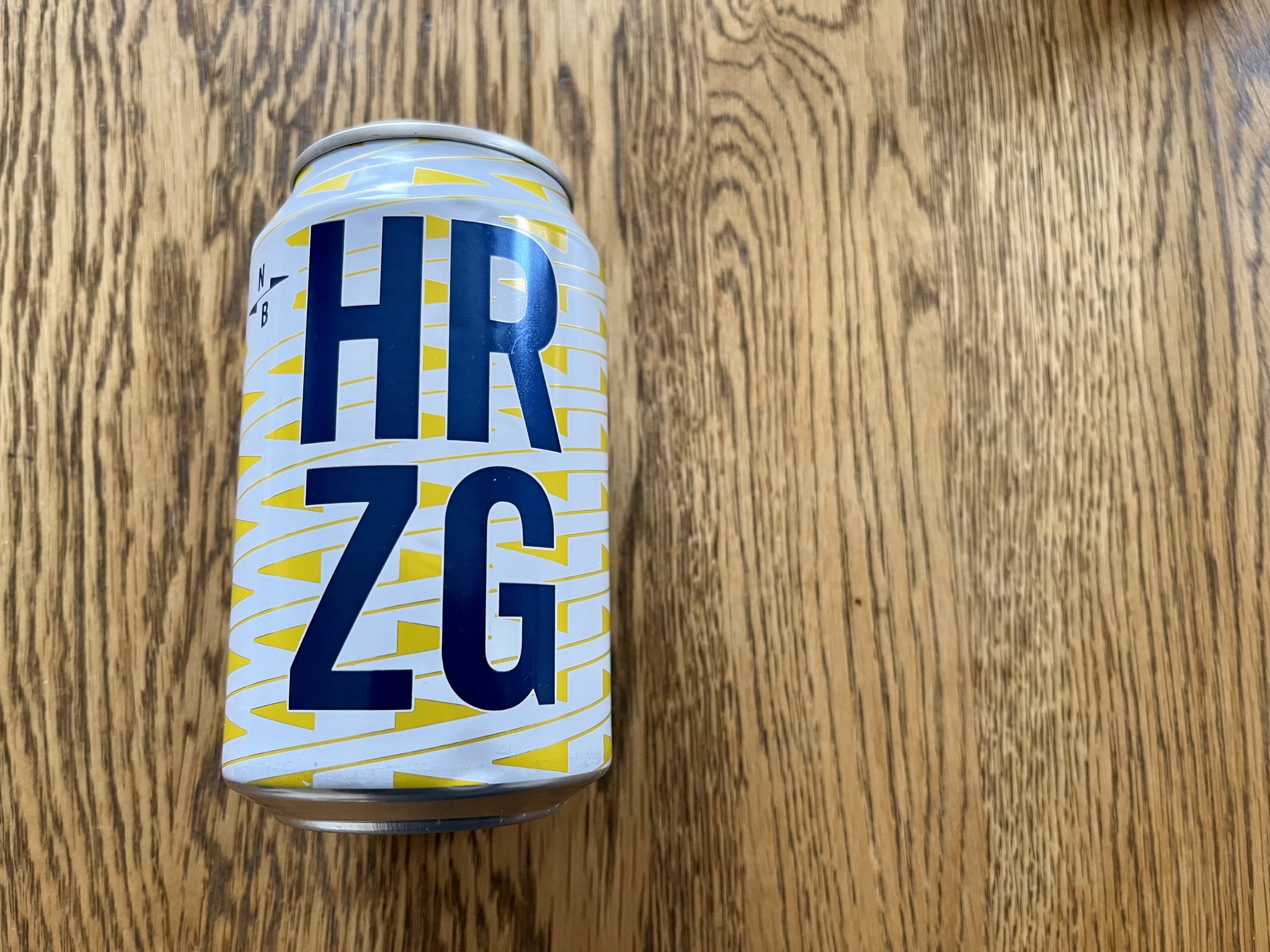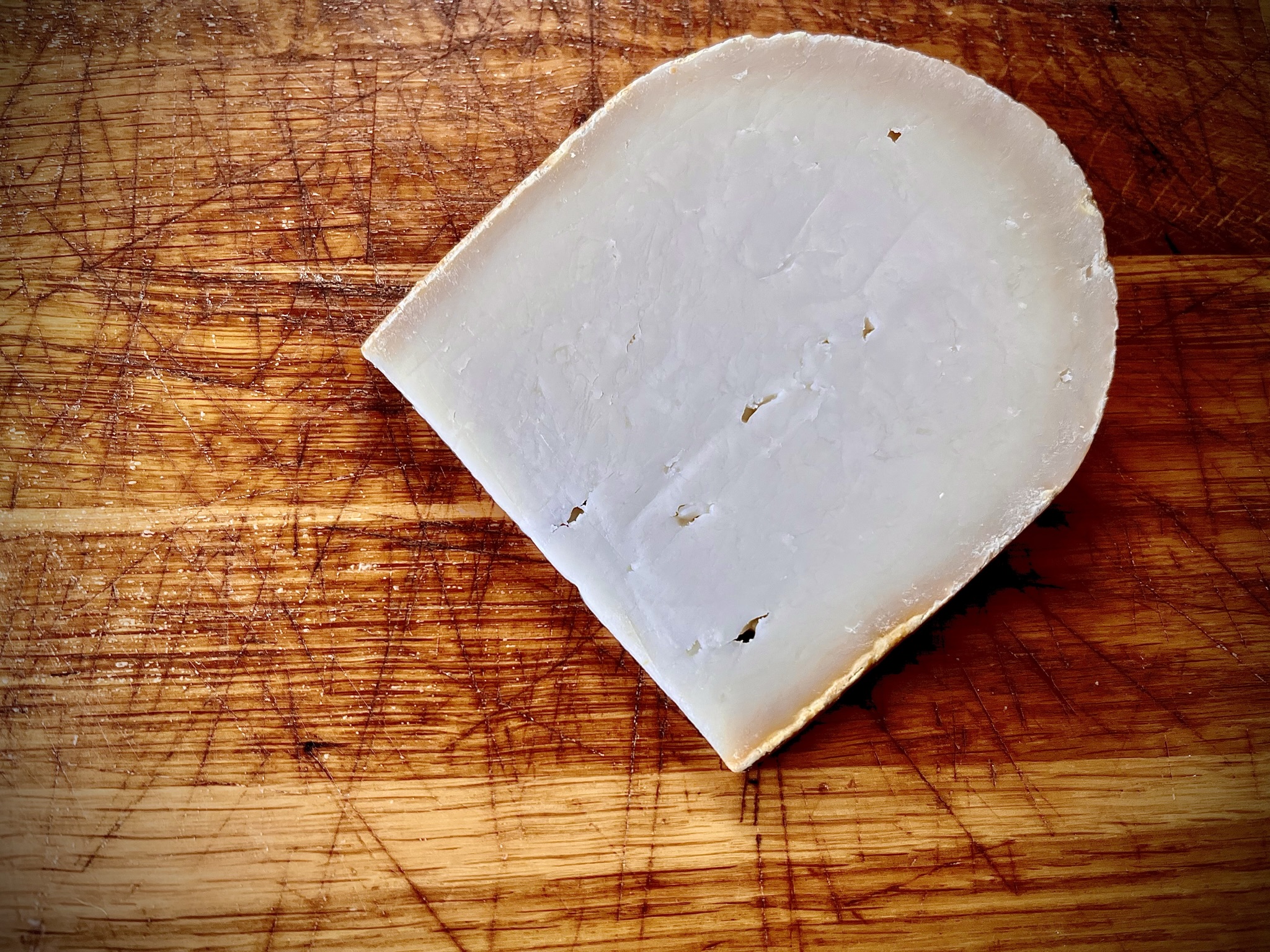Cheese of the month – Rachel

To coincide with National Vegetarian Week, I wanted to showcase a British cheese produced with vegetarian rennet. So, for May’s cheese of the month, I have chosen something quite special, that people who don’t eat cheese with animal rennet can also enjoy.
What is rennet?
Rennet is the ingredient in cheese making that helps to coagulate milk. It comes from enzymes which occur naturally in the fourth stomach compartment of calves, lambs or kid goats. It’s these enzymes that helps to separate the liquid ‘whey’ from the solid ‘curds’ in the milk. The curds are then turned into cheese.
It is believed that rennet was discovered by accident around 8,000 years ago. The milk that was being transported in vessels made from dried calves or lambs stomachs had curdled and formed curds and whey. This also led to the discovery of the earliest form of cheese.
Vegetarian rennet can be derived from plants, such as artichokes, nettles or thistles, or fruit including figs. It is also made from moulds or fungi or it can be made with rennet that has been genetically modified.
Not all cheeses use rennet. Some fresh cheeses use acid, in the form of vinegar, lemon juice or citric acid, to curdle the milk.
It is not compulsory for certain food additives, like animal rennet, to be listed on products under UK food labelling laws. This can sometimes make it difficult to work out if a cheese has been produced with animal or vegetarian rennet. Check out my blog post for more information on some of the best British vegetarian cheeses and where you can buy them from.
Rachel
Produced by White Lake Cheese company based in Somerset, Rachel is the most well known cheese they make. It picked up a Gold Award at the World Cheese Awards in 2019 and 2020 and was awarded 2 stars at the Great Taste Awards in 2019.
Established in 2004, and a few miles from the Glastonbury Festival site, White Lake produces a range of handmade artisan cheeses made from cow’s, goat’s and sheep’s milk. The goat’s milk comes from their own herd on the farm – a mixture of Toggenburg, British Alpine and Saanen goats. The Guernsey cow’s milk and sheep’s milk is sourced locally from trusted farms.
The cheese is thermised, which means it has been heated to between 58–62°C for at least 15 seconds. This process helps to destroy some of the naturally occurring bacteria and enzymes in the milk but retains more of the natural flavours than if the milk had been fully pasteurised. For a cheese to be pasteurised, the milk must be heated to 72°C for 15 seconds or at 63°C for 30 minutes. The cheese is also washed regularly in brine which helps to develop its distinctive pinkish rind.
If you’re after a softer style goat’s cheese, they produce a cheese called Driftwood, which is also made with vegetarian rennet. Eve is another of their vegetarian cheeses which is washed in Somerset Cider Brandy and wrapped in a vine leaf.
Key facts
| From | Somerset, England |
| Milk | Goat’s milk |
| Age | Aged for 12 weeks |
| Strength and style of cheese | Medium, semi-firm |
| Vegetarian | Yes |
| Pasteurised | Thermised |
| Tasting notes | Creamy, nutty, buttery, mushroom, caramel |
Drinks pairing
This is a very special and unique cheese. It’s creamy and nutty with a slight caramel sweetness and is not overly goaty in flavour. It has a delicious rind, with buttery and mushroomy notes. It has a pleasant texture, not waxy or rubbery and has a nice firmness to it. It’s reminiscent of a Gouda or Emmental but is a complete individual in its own right. To say this cheese is moreish would be an understatement. We all agreed we could’ve polished off the entire wedge on our own.
We paired this cheese with Herzog lager from North Brewing Co. It’s brewed with Kolsch yeast and is light and crisp. Because it is a lager-ale hybrid you get all of the bitter notes of an ale with the lightness of a lager.
The beer and cheese married perfectly together. Like two dear friends who haven’t seen each other for years but then instantly pick up where they left off when they meet up again. Unfortunately North Brewing Co. has stopped producing Herzog, but you can find many other beers that fit the brief. Camden Helles or the Helles Lager from Braybrooke Brewery in Leicestershire are particularly good. If you’re looking for a wine pairing option you could opt for a New Zealand Sauvignon Blanc with plenty of gooseberry notes or a fruity Pinot Noir. A blush rose would also match well.

